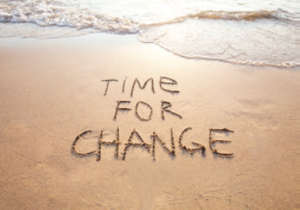2017 – Trauma Transformation Program
Phoenix will be implementing a Trauma Transformation Program for 12 months until the end of June 2018. This will include a series of trial psycho-educational workshops commencing from October 2017 with various cohorts. These workshops will be continuously adapted throughout the trial period in response to the feedback provided by the inaugural participants. The WA Primary Health Alliance (WAPHA) has funded and supported the development of this trial.
This program will involve a variety of approaches, and will include raising awareness about child sexual abuse and the impacts of trauma, along with prevention and education strategies for survivors, parents and allied health professionals. The Shanker method of Self-Regulation will underpin the work and will overlay and inform the content and activities. An Outcomes Map and Evaluation Plan has been created.
An essential aspect of the trial is to introduce a range of therapeutic strategies that are evidence-based and embedded in trauma-informed practice. This part of the program will also provide participants the opportunity to experience different therapeutic modalities that include being introduced to mindfulness and relaxation techniques, and expressive therapies such as art, music and yoga known to assist self-regulation, healing and recovery.
Initially the program will commence with two groups. The first will be a series of group workshops for Adult Survivors of childhood sexual abuse, and the second will be group workshops for the non-offending parents/caregivers/grandparents of children who have experienced childhood sexual abuse. These group workshops will be conducted in a safe environment, and will provide an occasion for people with experiences that are both unique and shared, to come together to feel supported and not alone in those experiences.
The workshops for adult survivors is aimed to enhance the outcomes of individual counselling by providing information that will inform and increase understanding of how the experience of trauma may impact an individual. In addition, these workshops will provide activities intended to facilitate a reduction in trauma impacts through trialling approaches that can reduce stress and anxiety and are known to aid recovery. The context of the workshops also supports the opportunity for peer support.
The group workshops for parents will take an educational approach to help participants understand how traumatic experiences may impact a child. The program will also aim to assist parents to gain greater confidence about how they can contribute to their children’s recovery and healing process in order to achieve the best outcome. The notion of co-regulation as understood in the context of self-regulation helps parents understand that by dealing with the anxiety and stress created by a disclosure, this in turn assists their child. Once the parents have a greater understanding of how they can support their child through their own self-regulation, as well as that of the child, then workshops that bring the parents and their children together to experiment with self-regulation activities will also be introduced.
Months of research and preparation went in to developing these unique series of workshops and we are confident they will enhance the individual counselling support provided and will facilitate recovery.
LOUISE AND THE CLINICAL TEAM
